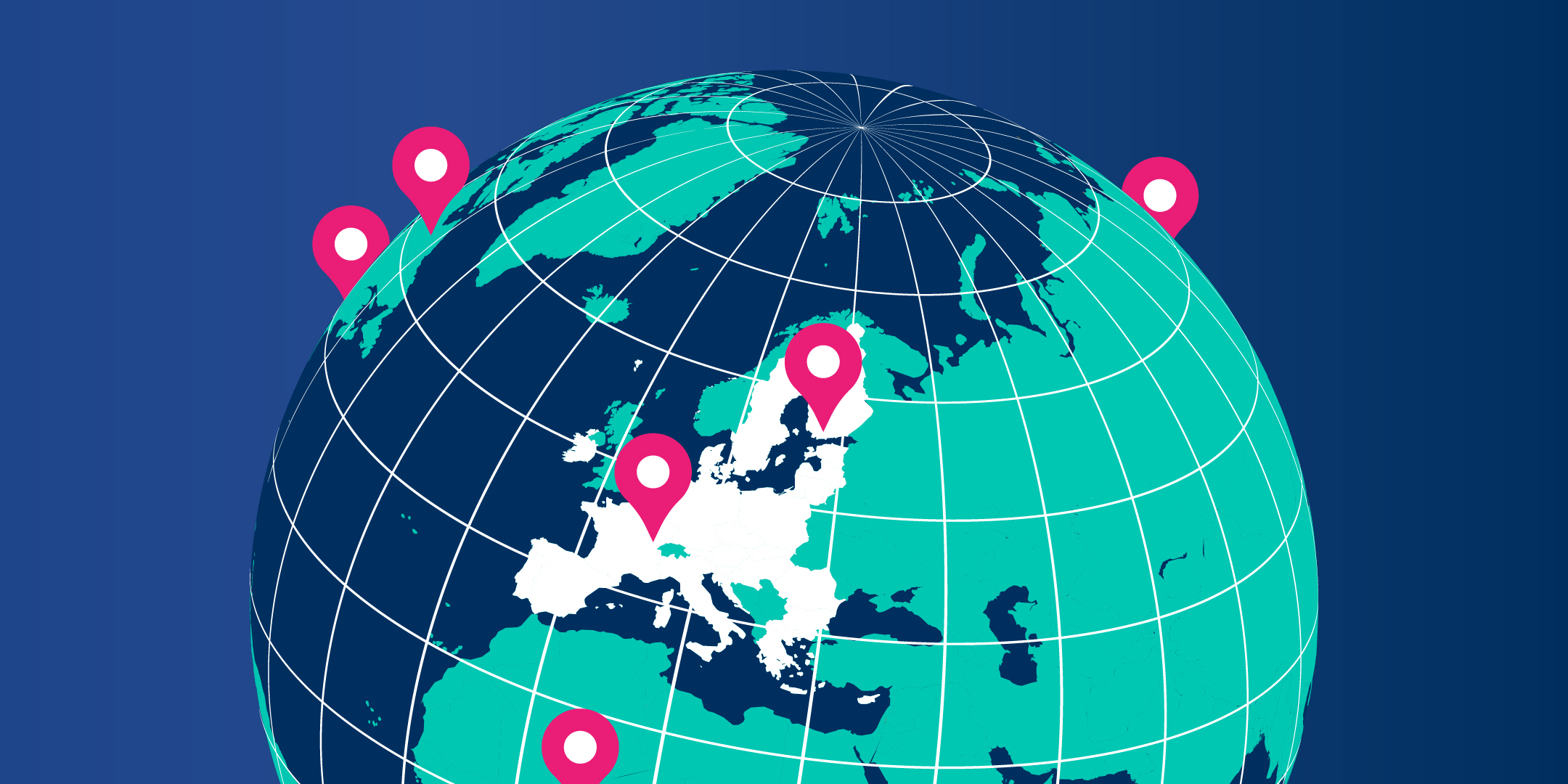CSC’s recommendations for the implementation of Finland’s digital compass, part 1: Boosting data economy and the RDI ecosystem
The digital transformation is expected to be a game changer for the whole society. The advancement of digitalization has indeed been vigorous in Finland for at least 20 years, under a number of different headlines, such as Tiedon valtatie (highway of information) and Tietoyhteiskunta (Information society). The lack of competent workforce in the ICT sector has been recognized, and data economy, platform economy and information systems are in our daily vocabulary. We also know, that Finland desperately needs a boost in productivity, employment and new competences. But do we fully understand the impact of digitalization to these areas, and what it requires at societal level?
The government has an objective to advance digitalization and data economy through a national digital compass. Its objectives are ambitious but do not deliver a clear enough message about how profoundly we need to change our mindset, operations and structures of society to enable digitalization. It is not enough to only digitize existing processes, structures and institutions. Instead, we are dealing with a more profound transformation. As mentioned in the digital compass, digitalization makes it possible to immensly improve the customer-centricity, quality and productivity of services, and thus it challenges all organizations to a systemic change.
Finland needs to develop competences related to digitalization and data in all fields and levels of education. Adequate competences must be recognized as a strategic component in the planning and management of all functions and operations from the day one, instead of being thought of as hardware that will be bought off the shelf or outsourced to IT experts at the end of the project. Otherwise we will lose the huge potential data can bring to the society.
What is needed in concrete terms? In this blog, I will present a few proposals regarding the development of data economy and the RDI ecosystem. In a sequel to be published later on, I will observe the role of the digital compass in supporting RDI.
Creating a data economy requires cross-sectoral cooperation and enabling legislation
Processing, analyzing and combining data makes it possible to produce completely new knowledge that forms a basis for evidence-based decision-making, innovation and new business. This is actually not so much about technology per se, but to a large extent about organizational culture, cooperation between people and organizations, legislation, and the specific needs of different sectors and fields that should be discussed in the same context as technology.
Interoperability is recognized in the Finnish digital compass, but what is important to note is, that technical interoperability alone is not sufficient. All the layers of the system need to be inter-operable: semantic interoperability is needed to make data understandable and reusable, regardless of where it is used and by whom. In practise, this requires mutually agreed data policies, metadata models and identifiers. Organisational interoperability means, people and organizations collaborate based on a common vision and objectives.
Finally, legal interoperability is needed: Our regulatory framework must be reviewed during the next electoral mandate to remove legal barriers for data mobility. Regulation is rarely the best means to control a phenomenon such as data, because we are not able to predict all its future possibilities and risks.
Finland’s strength lies in the world-class RDI ecosystem
Right now Finland has an exceptional opportunity to be a forerunner of digitalisation. We have at our disposal the most powerful supercomputer in Europe and outstanding competences is emerging technologies, such as quantum. Examples include IQM, manufacturer of quantum computers, Bluefors that produces dilution refrigerators, research institutes that develop technologies under the direction of VTT, and higher education institutions that train specialists, for example Aalto University and the University of Helsinki. Supercomputers and quantum computers complement each other, and when we add the ability to utilize data and software, as well as competence building through training, we have a solid foundation for research groups and companies to build their success on.
Finland is one of the world’s first countries to establish a connection between a supercomputer and a quantum computer. Last year, a calculation assignment was sent from the LUMI supercomputer in Kajaani to VTT’s HELMI quantum computer in Otaniemi, to be followed by further connections. Even if quantum computers will generate actual computing results only in the future, the development of the operating environment — software development, for example — is constantly moving forward. In order to ensure success, we must take advantage of the entire ecosystem, for which we have an exceptionally good opportunity in Finland now. This must be a corner stone for Finland’s digital compass.
Kimmo Koski
Managing Director
